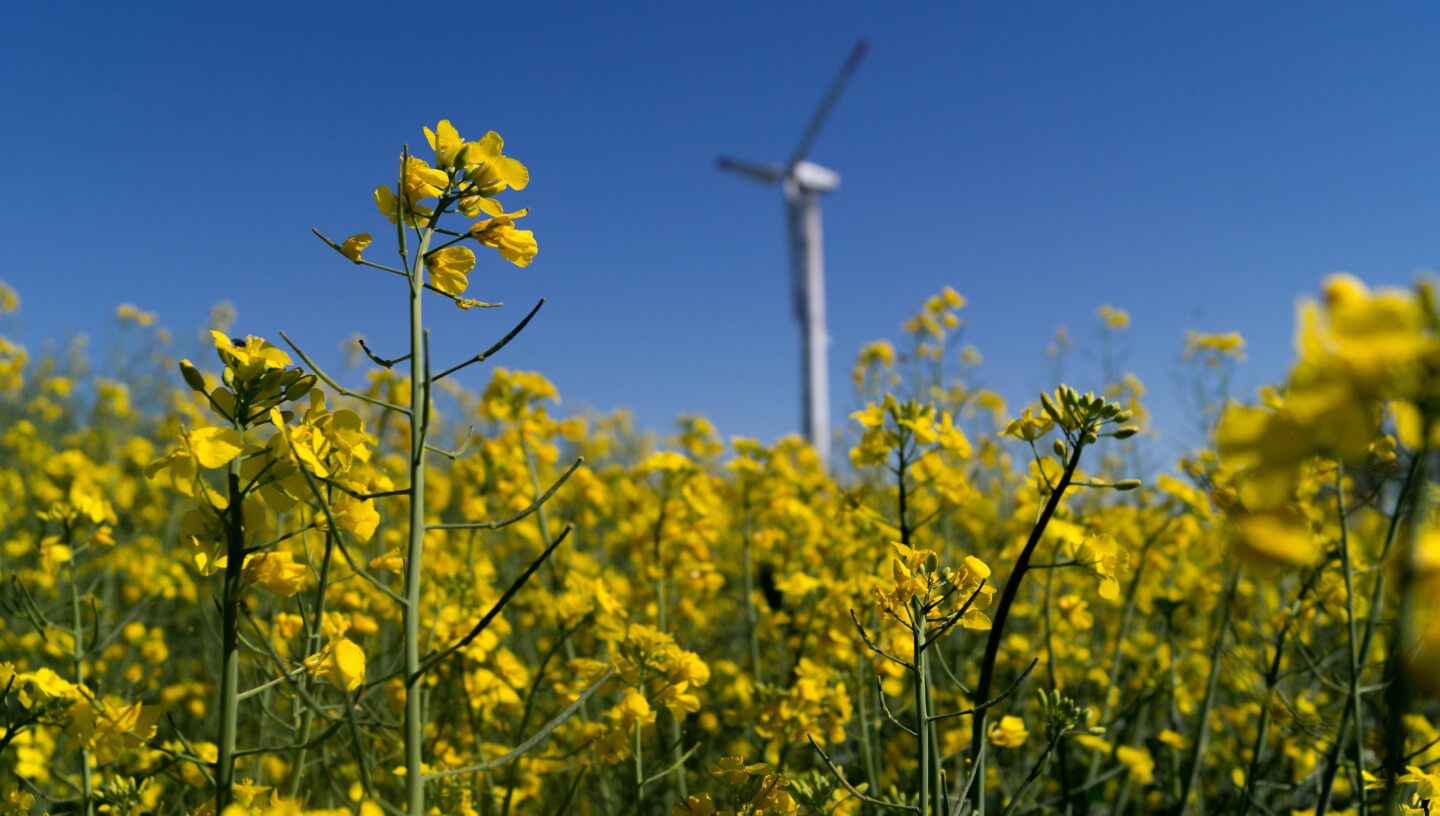25.11.2022
Low-carbon certificate bill approved at first reading
 Photo by: Vitaliy Gavrushchenko / iStock
Photo by: Vitaliy Gavrushchenko / iStock
Amendments to the Law on Electricity, which introduce new concepts of ‘generation attributes’ and ‘certificates of electricity origin’, were approved at the first reading by the State Duma.
This draft law is aimed at creating a Russian low-carbon electricity source certification system. Thus, with its help, electricity consumers will be able to confirm that electricity produced by RES and low-carbon sources was used in the production of their products. The most energy-intensive enterprises should be primarily interested in this.
In other words, companies, through official low-carbon certificates, will be able to certify that they are using clean energy in their operations, contributing to the fight against climate change. This approach creates additional mechanisms to protect the interests of Russian export-oriented companies, said Deputy Energy Minister Anastasia Bondarenko.
“The countries of the Asia-Pacific region attach great importance to the green agenda and are actively developing their electricity certification systems. To enter the markets of these countries, our exporters will be helped by the national system. Participation in the system is free for all entities, it only depends on their decision. But we have seen a great demand from many market players,” the deputy minister added.
Also, the draft law fixes the procedure for qualification of a generation facility, and Market Council NP will keep a register of generation attributes and certificates, account for the facts of their transfer and redemption.
“The electricity producer will be able to sell these certificates on the free market. This creates an additional tool to support RES,” Anastasia Bondarenko stressed. And once the certificate is redeemed, the owner can publicly disseminate information about the high environmental performance of its products and production processes.
Indeed, surveys show that more than half of Russians (55%) increasingly consider the environmental friendliness of products when buying them (58% each among 25–34 year olds and 45–59 year olds). Two-thirds of Russians (64%) would prefer a more expensive product to a cheaper one if it is more environmentally friendly (68% among 25–34 year olds).
In addition to stimulating demand for environmentally friendly products, the new law also fulfils global objectives. The subsequent adoption of the legislative changes will bring the country closer to realising the Strategy for Socio-Economic Development of the Russian Federation with Low Greenhouse Gas Emissions by 2050.
Cover photo: Markus Spiske / iStock














Comments